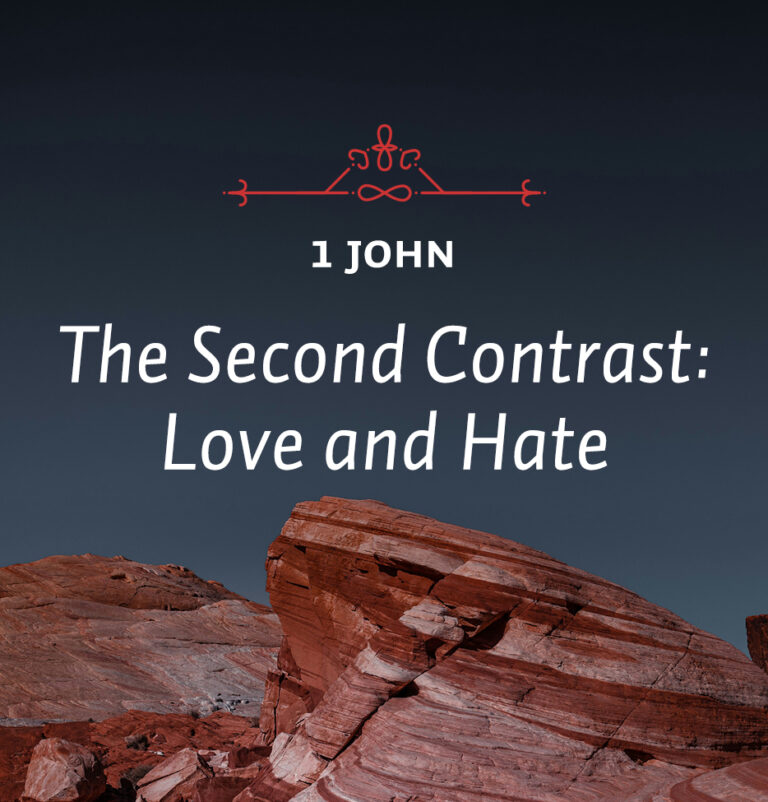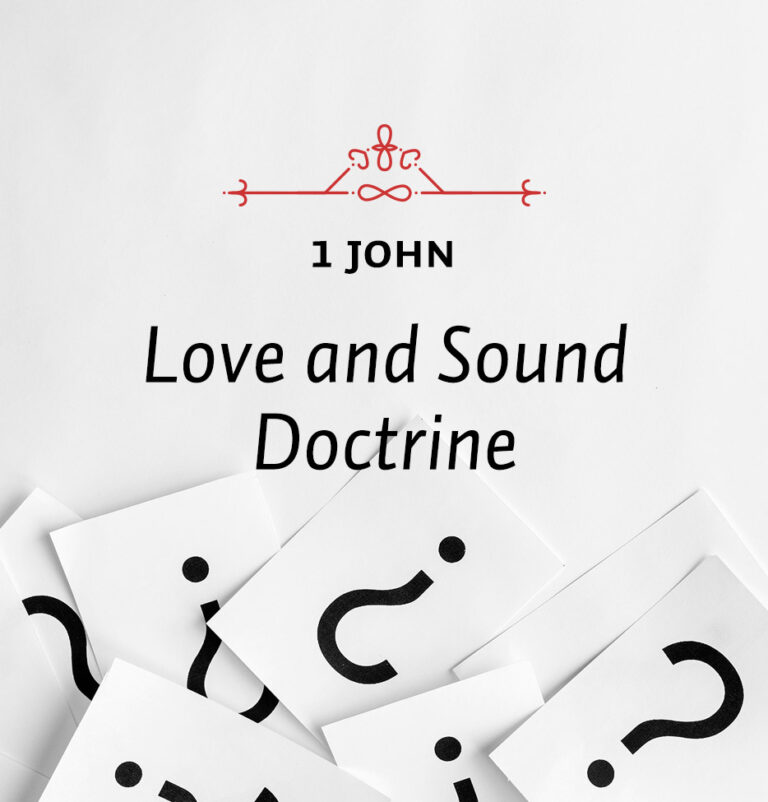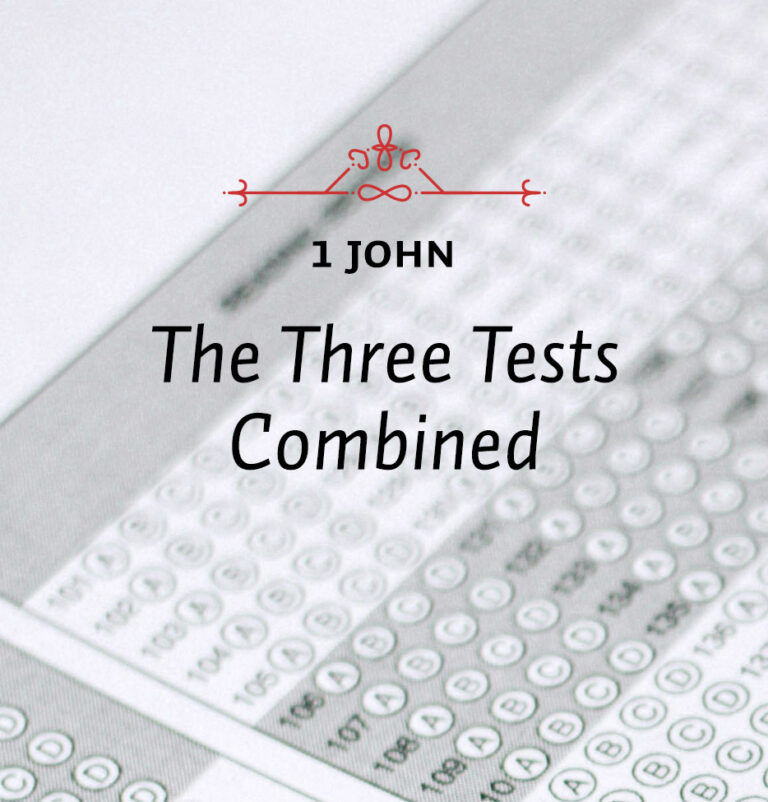
Monday: A Most Important Contrast
At no point is the contrast between one of John’s tests and its opposite more important for contemporary men and women than the contrast between love and hate. This is so simply because the meaning of love has become so debased in modern culture that practically anyone will claim to have love according to his own definition.






